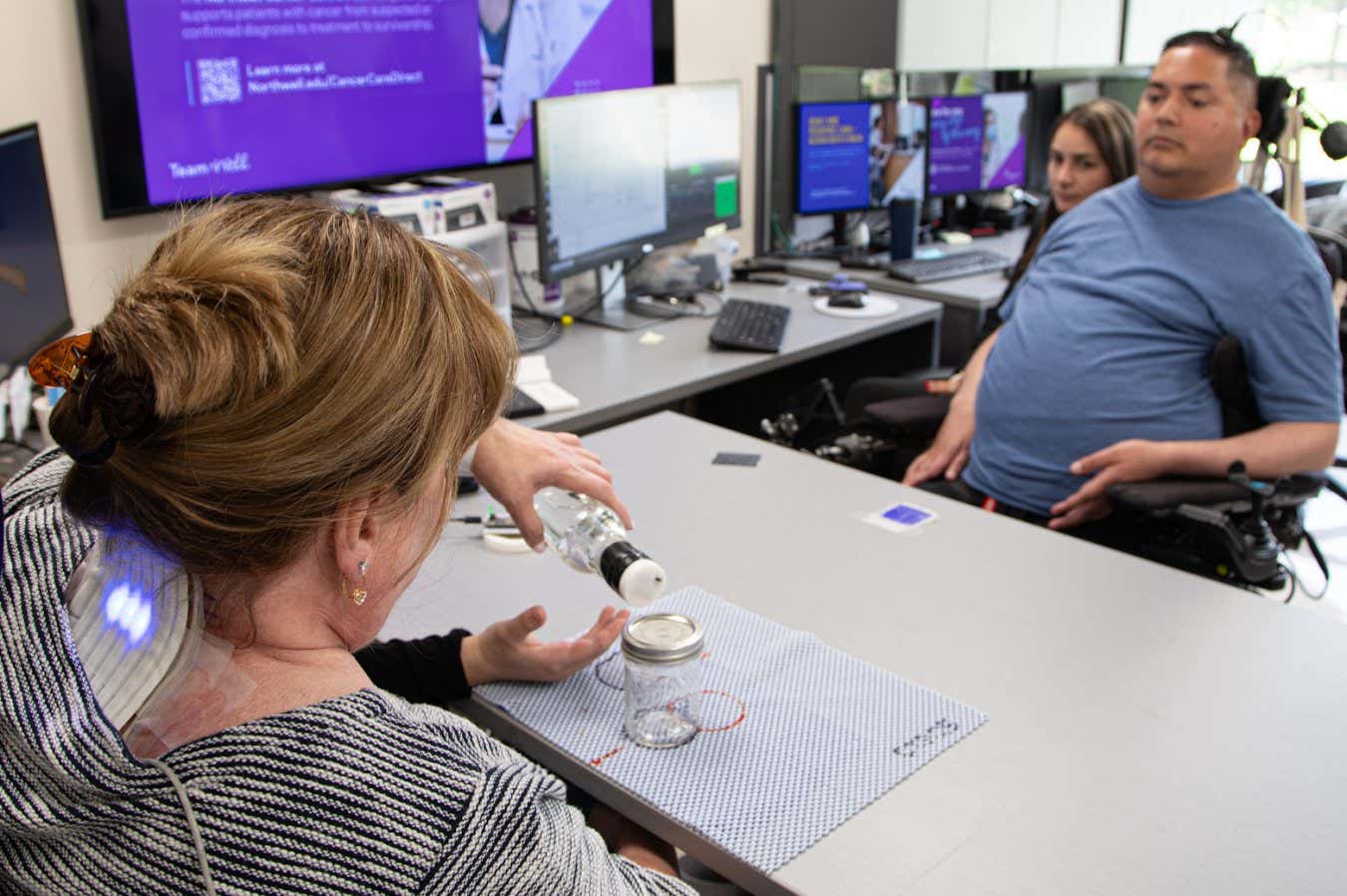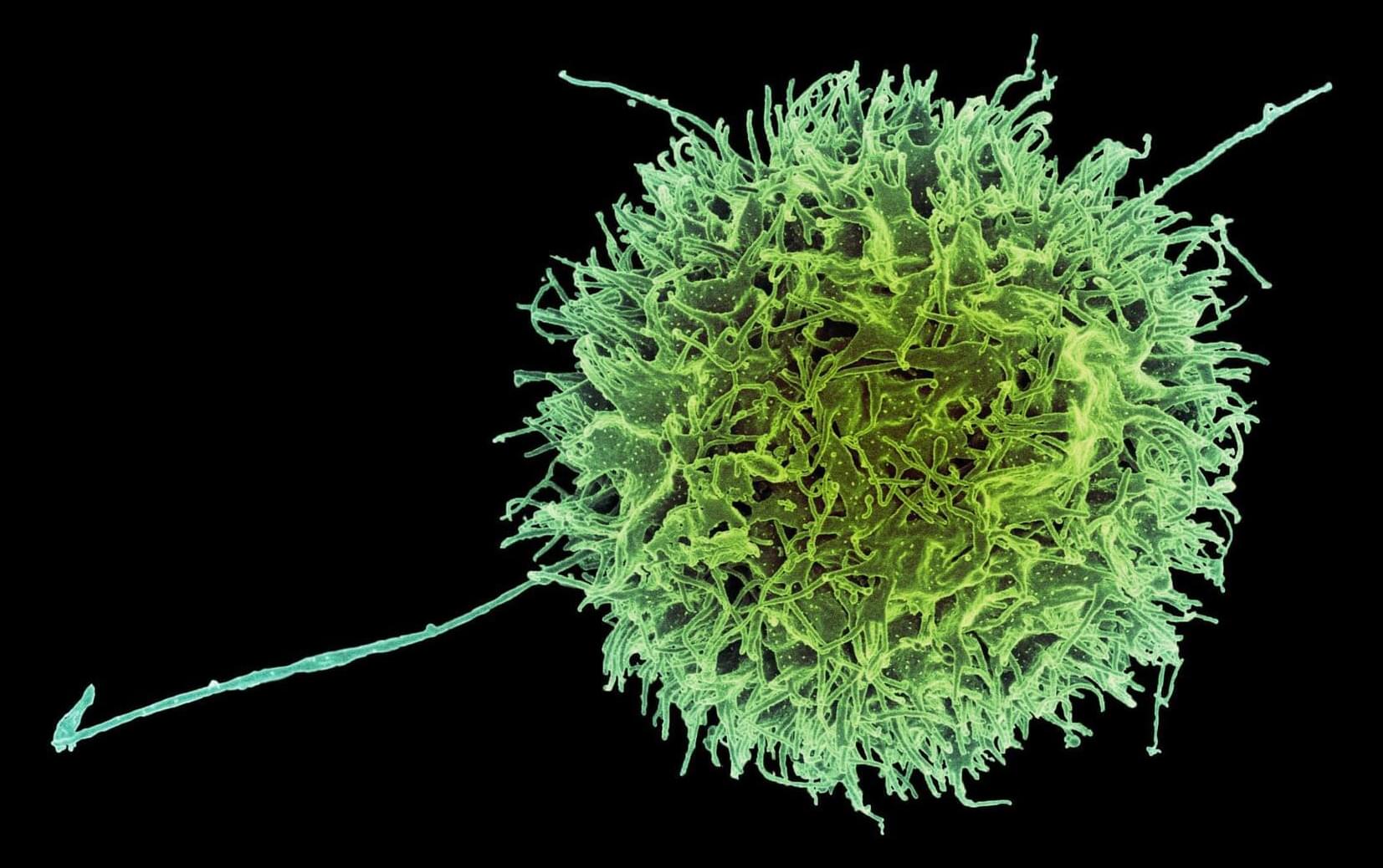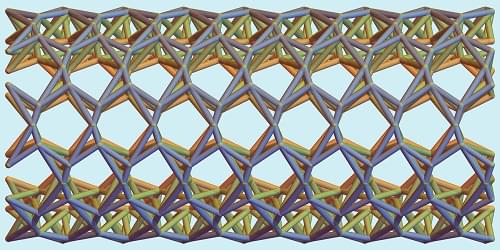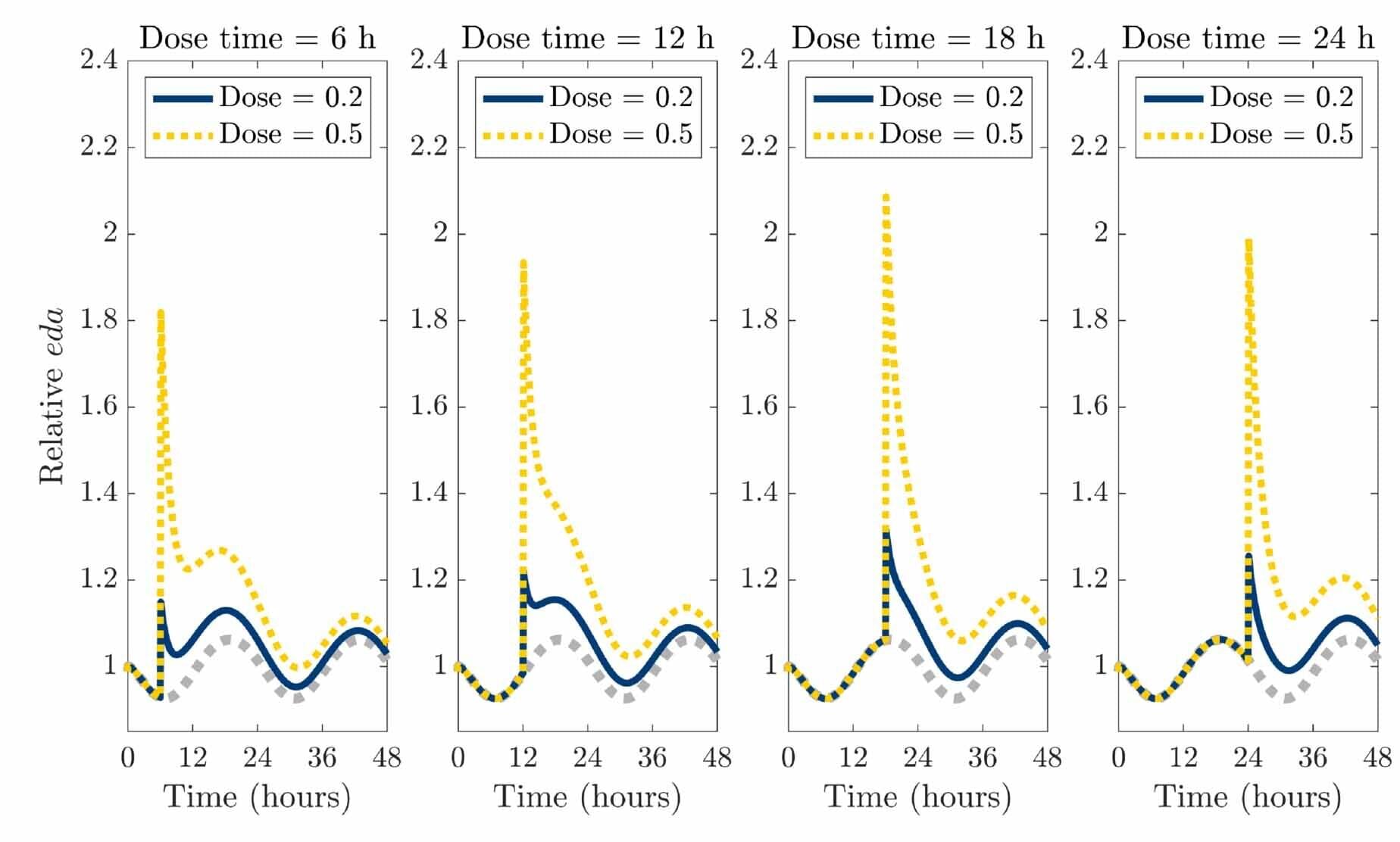Many marine species are no strangers to the depths of the oceans. Some animals, like certain sharks, tuna, or turtles, routinely perform extreme dives, whereas for other species, such behavior has been observed less frequently.
Now, an international team of researchers working in Peru, Indonesia, and New Zealand tagged oceanic manta rays—the largest species of ray—to learn more about the deep-diving behavior of these animals. They published their results in Frontiers in Marine Science.
“We show that, far offshore, oceanic manta rays are capable of diving to depths greater than 1,200 meters, far deeper than previously thought,” says first author Dr. Calvin Beale, who completed his Ph.D. at Murdoch University.







